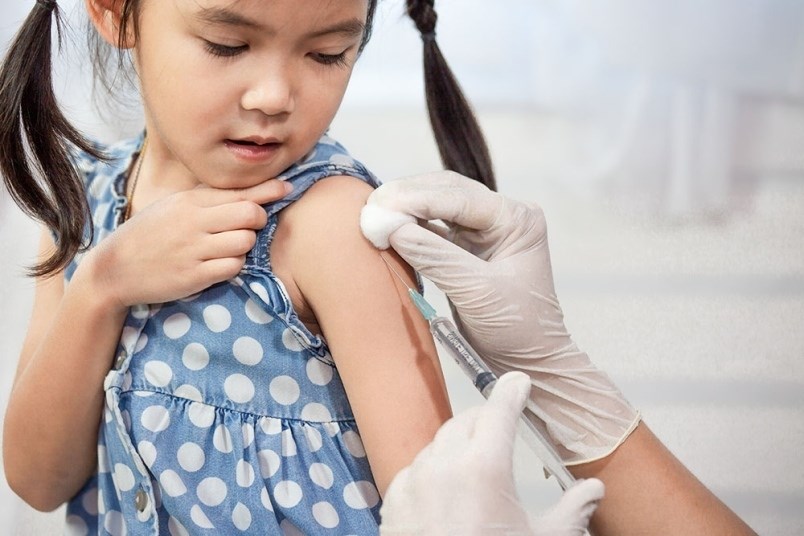Canadian children aged five to 11 years will now have a vaccine to protect against the coronavirus (COVID-19).
Health Canada has authorized the use of the Pfizer-BioNTech Comirnaty vaccine in children 5 to 11 years of age. Until now, this vaccine was authorized for use in people 12 years of age or older. Dr. Supriya Sharma, Canada's Senior Medical Advisor spoke to media following the announcement and addressed how the vaccine was approved, its dosage, and potential side effects.
Clinical trial findings
Health Canada’s assessment included a review of new clinical trial data that builds on earlier lab data, Sharma said. The assessment also included data from clinical trials in adults as well as hundreds of millions of doses worldwide. The trial followed approximately 4,600 children five to 11 years of age 3,100 of whom received the vaccine while 1,500 others received a placebo.
"The study used to dose vaccine regimen given three weeks apart, but with a slightly different formulation and the one authorized for adults," Sharma explained. “The dose of mRNA is also smaller at 10 micrograms rather than 30 micrograms."
To determine whether the vaccine is effective, Health Canada looked at the immune response in the age group and found the response was comparable to adolescents and young adults 16 to 25 years of age.
Adverse effects
Adverse events reported during the trials were similar to those in adolescents and young adults but were less frequent. Redness and swelling at the injection site were slightly higher.
"Other adverse events reported included fatigue and headache. Most reactions were mild to moderate in severity and resolved quickly on their own," Sharma said.
"Among 3,100 vaccine recipients, there were four reports of serious adverse events that were ultimately determined to be unrelated to vaccination,” she added.
Health Canada has issued terms and conditions on the manufacturer requiring it to monitor any emerging safety issues, including any cases in myocarditis or pericarditis.
"While children are less likely to experience complications, they can still get very sick,” Sharma said. “Although the risk of severe illness is lower in children than in adults, it's still there."
‘A degree of normality’
The authorization comes following the virus’ third and the fourth waves causing an increase of infection rates among children under 12 years old. Emerging data also suggests that children with COVID-19, regardless of the severity, can develop long COVID or post COVID symptoms that may last for months.
"Overall, this is very good news for adults and children alike,” Sharma said. “It provides another tool to protect Canadians and to the relief of many parents will help bring back a degree of normality to children's lives."
This is a breaking story, more information will be made available in the coming days.




